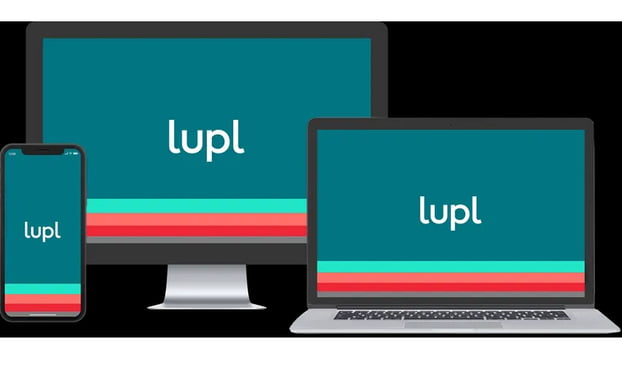Written by Alison Wilkinson
Contracts are an essential part of any legal office. If your law practice drafts contracts, conducts due diligence or does compliance work on behalf of your clients, you likely process hundreds, if not thousands, of contracts per year.
If they lack contract management software, many legal offices will instead store their contracts on secured shared drives like Google or Sharepoint. Using a secured shared drive is a step up from storing contracts in filing cabinets, but it’s inefficient. Contracts remain hard to access by multiple people, and it’s cumbersome to assign management and authorship duties.
With inefficiencies and management issues come errors. The International Association for Contract and Commercial Management estimates that the average company loses more than 9 percent of its revenue annually due to contract-related issues. Further, firms can lose up to 40 percent of the value of a given deal due to inefficient contracting, according to an estimate by the professional services firm KPMG.
Contract management software helps eliminate value leaks and inefficiencies by providing centralized, organized access to all your firm’s contracts. The software can give your group the tools it needs to share contracts among coworkers securely, assign and manage assignments, analyze key terms, review contracts quickly and accurately, streamline and process results and keep track of important deadlines. It also frees up time for attorneys to do more strategic, high-value work and allows them to update contracts more regularly.




